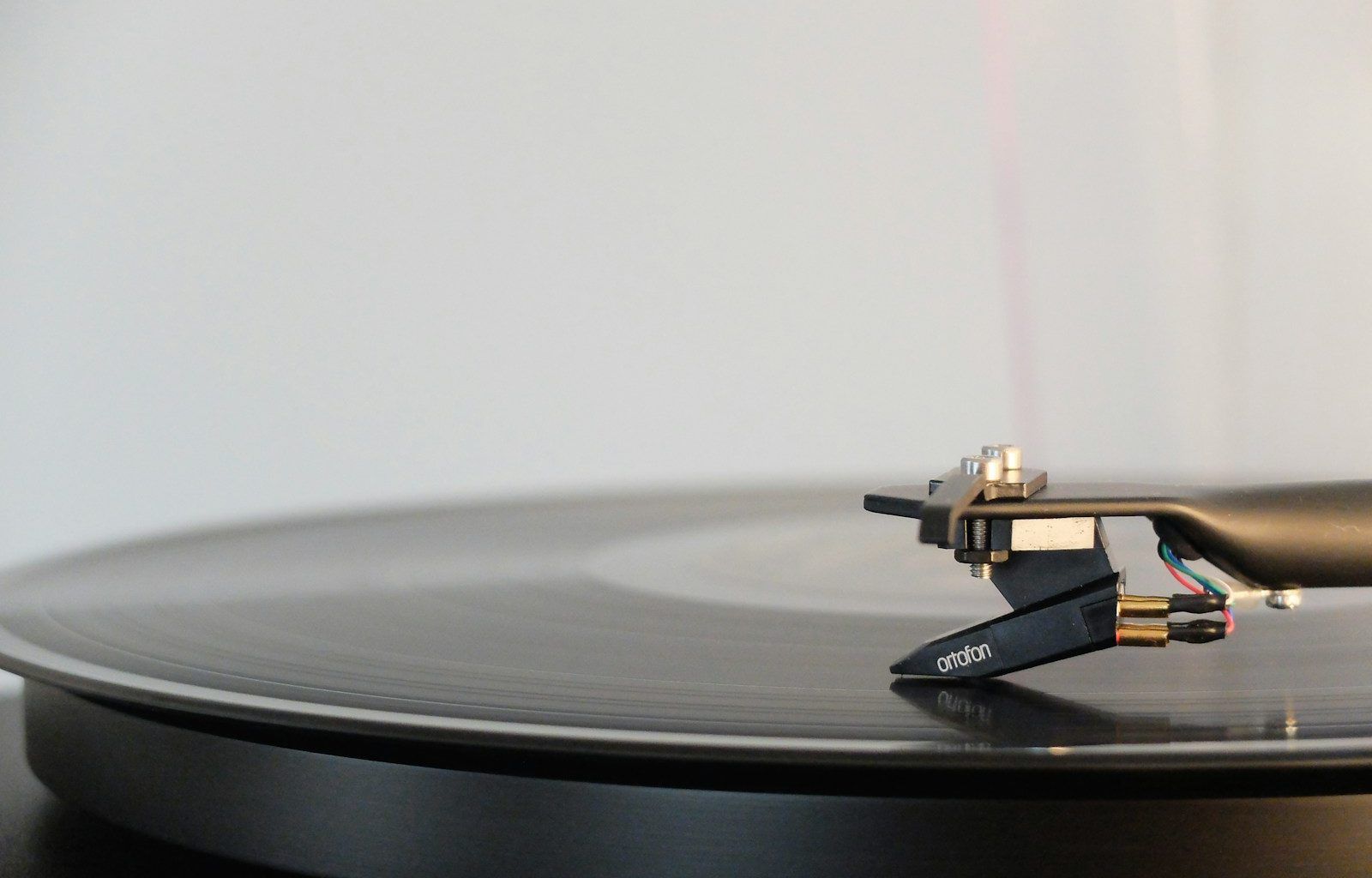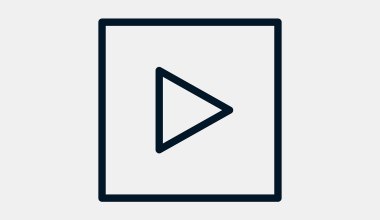If you are passionate about music and want to take your talent to the next level, you are in the right place. Music is no longer limited to physical classrooms or professional studios. Today, anyone with an internet connection can master online music. Whether you are a complete beginner or someone looking to polish your skills, the digital world opens up endless opportunities for you to grow and shine as a musician.
In this blog, we will explore how you can learn, practice, and even teach music online. We will discuss tools, platforms, and strategies to help you achieve your goals. From finding the best courses to showcasing your talent, this guide will cover it all.
Why Should You Master Online Music?
Before diving into how to master online music, let’s talk about why it is so important. Music has always been a universal language that connects people worldwide. Thanks to the internet, the barriers of location, time, and resources no longer hold you back.
For example, you can access high-quality lessons from global music experts right from your home. You don’t need expensive studio sessions or a mentor in your town. All you need is dedication and a good plan. Plus, learning music online allows you to work at your own pace.
In addition, mastering online music can help you connect with other musicians, producers, and listeners. You can showcase your talent on platforms like YouTube, Spotify, or SoundCloud. This can open doors to new collaborations and career opportunities. So, if you dream of being a professional musician, learning online is a great start.
Getting Started: Setting Your Music Goals
The first step to mastering online music is to set clear goals. Ask yourself why you want to learn music. Are you looking to play an instrument, improve your vocals, or produce your own songs? Do you want to teach others or simply enjoy music as a hobby?
When you have a clear vision, it becomes easier to choose the right tools and platforms. For example, if you want to learn the guitar, platforms like Fender Play or Yousician might be perfect. If you are more interested in producing music, software like FL Studio or Ableton Live will be helpful.
Once your goals are clear, break them into smaller, achievable tasks. This will help you stay focused and motivated. For instance, if you want to play the piano, start by learning basic chords and scales. Gradually, you can move on to more advanced techniques.
Choose the Right Platform to Learn
When it comes to mastering online music, choosing the right platform is crucial. Thankfully, there are plenty of resources available online. Let’s take a look at some of the most popular ones:
- YouTube: YouTube is a goldmine for free music tutorials. Whether you want to learn an instrument, sing better, or produce music, you will find countless tutorials on YouTube. Just search for your specific need, and you are good to go.
- Online Courses: Websites like Udemy, Coursera, and Skillshare offer structured courses on music. These courses are often taught by professionals who explain concepts step by step.
- Music Apps: Apps like Yousician, Simply Piano, and Melodics are designed to help you learn music interactively. They provide feedback in real time, making it easier to practice and improve.
- Dedicated Music Schools: Platforms like Berklee Online, Soundfly, and MasterClass offer courses from world-renowned musicians and educators.
Choose a platform that suits your learning style and budget. You don’t always need to spend money to learn, as there are plenty of free options available as well.
Essential Tools for Learning Online Music
To master online music effectively, you need the right tools. Don’t worry; you don’t need to invest in expensive equipment right away. Start with the basics and upgrade as you progress.
- A Reliable Internet Connection: Since you will be accessing lessons online, a stable internet connection is a must.
- An Instrument or Software: Depending on what you want to learn, you need access to the right tools. For example, a guitar, keyboard, or music production software like GarageBand.
- Headphones and Microphone: Good-quality headphones will help you hear clearly, while a microphone is essential for recording your vocals or instruments.
- Music Apps and Plugins: As you learn more, apps and plugins will help you create and edit music.
- Notebook or Digital Notes: Keep track of your progress by taking notes. This will help you remember what you learned and what you need to practice next.
How to Stay Consistent and Motivated
Consistency is key to mastering online music. While learning online offers flexibility, it can also make it easy to procrastinate. Here are a few tips to help you stay on track:
- Set a Schedule: Treat your music lessons like any other important task. Set aside dedicated time every day or week to practice.
- Start Small: Don’t overwhelm yourself with too much information at once. Start with small lessons and build on them gradually.
- Join Online Communities: Connect with other learners through forums, Facebook groups, or Discord channels. This will help you stay inspired and learn from others.
- Track Your Progress: Regularly review what you have learned. Recording yourself can help you identify areas where you need improvement.
- Celebrate Small Wins: Every milestone, no matter how small, is worth celebrating. Whether you learn a new song or master a chord progression, give yourself credit.
Practice Makes Perfect
One of the most important things to remember when you master online music is to practice consistently. The more you practice, the better you will become. But what is the right way to practice?
- Start with Warm-ups: Before jumping into advanced lessons, spend a few minutes warming up. For singers, this could mean vocal exercises. For instrumentalists, it could mean playing scales.
- Break It Down: If a song or technique seems challenging, break it into smaller parts. Master each part before putting it all together.
- Practice Slowly: Don’t rush through your lessons. Practice at a slow pace and focus on accuracy.
- Record Yourself: Recording your practice sessions will help you hear your mistakes and improve faster.
Showcase Your Talent Online
Once you start mastering online music, it’s time to share your talent with the world. There are countless platforms where you can showcase your skills and gain an audience:
- YouTube: Start a channel and upload your performances or tutorials.
- SoundCloud: Share your music and connect with fellow artists.
- Instagram and TikTok: Short videos of your performances can quickly attract followers.
- Spotify and Apple Music: If you create original music, upload it to streaming platforms.
Sharing your talent online not only boosts your confidence but also opens opportunities for collaborations and growth.
Learn From Others and Never Stop Improving
Finally, remember that learning music is a lifelong journey. Even professional musicians continue to learn and improve. Listen to other artists, take inspiration from them, and apply their techniques in your practice.
You can also take feedback from friends, mentors, or online communities. Constructive criticism will help you become a better musician.
To sum it up, mastering online music is not as challenging as it seems. With the right mindset, tools, and dedication, anyone can learn and grow as a musician. The internet offers countless resources to help you achieve your dreams. So, start today, practice consistently, and showcase your talent to the world. Your musical journey begins now!
For further reading, explore these related articles:
For additional resources on music marketing and distribution, visit DMT Records Pvt. Ltd..






